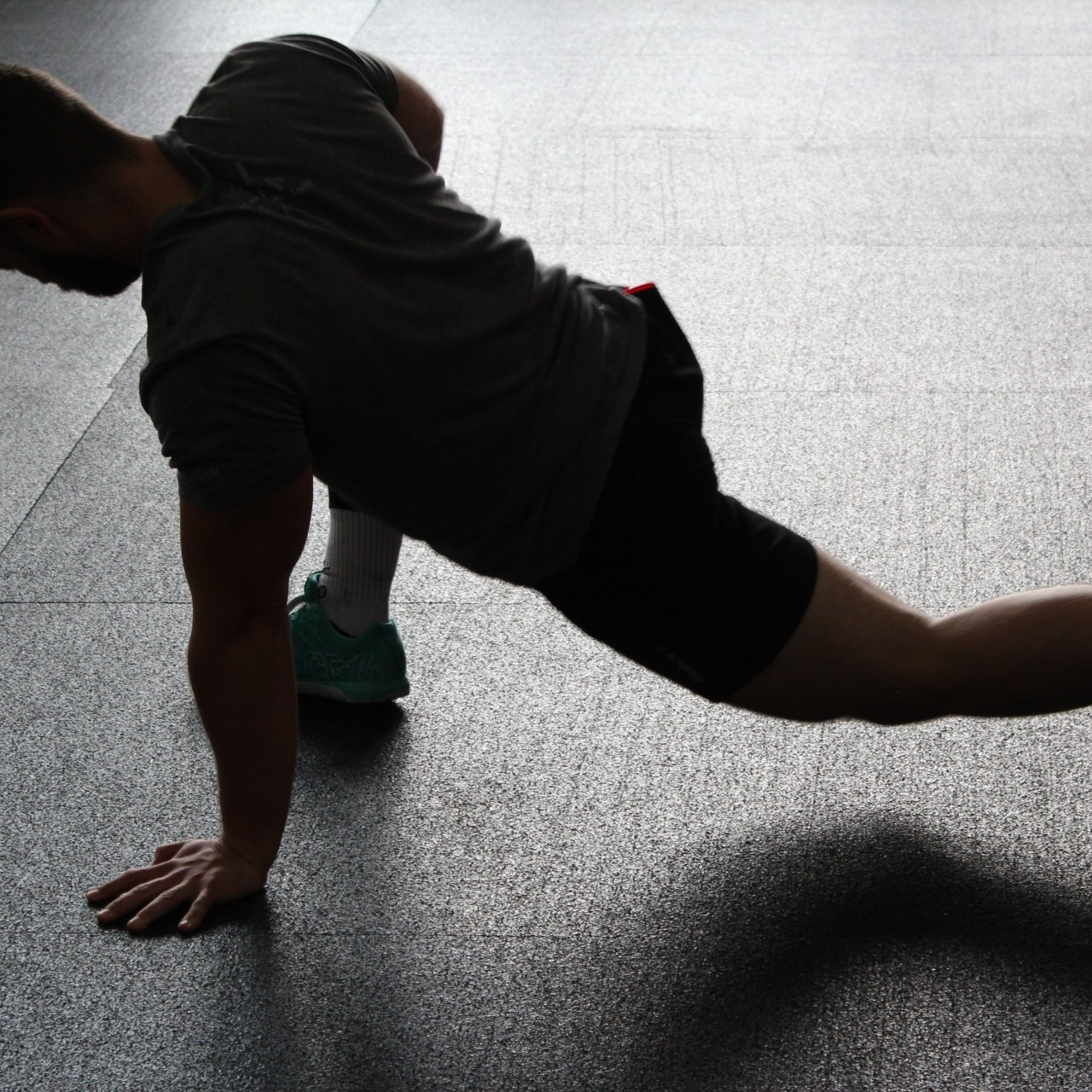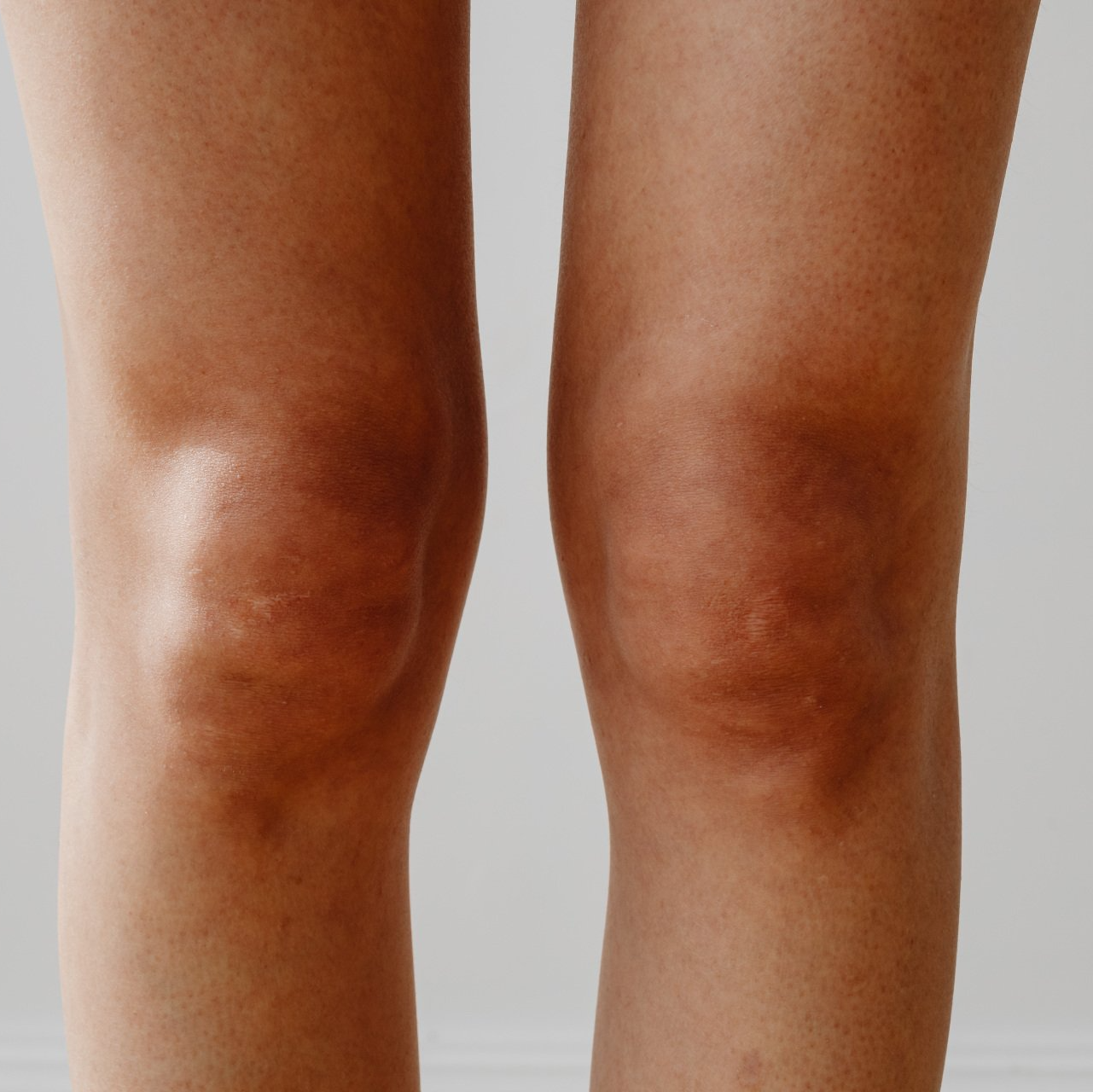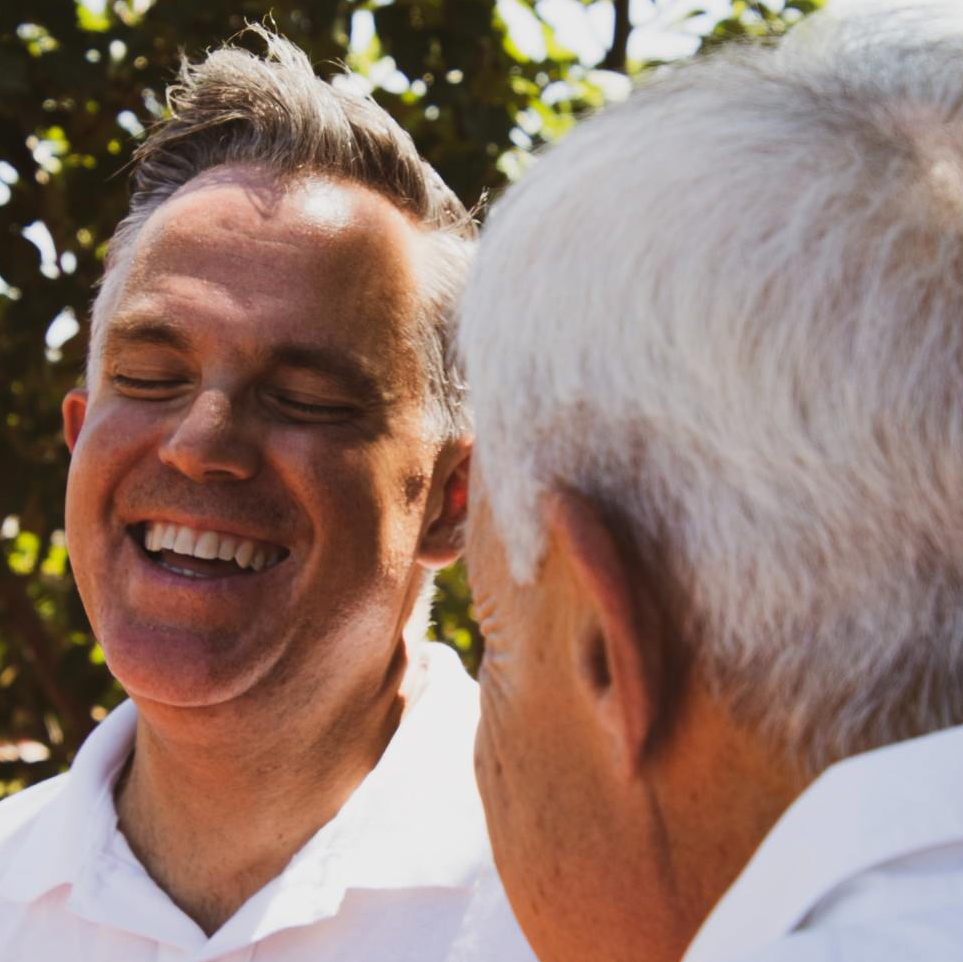Blog

"Most people who have chronic or recurring knee pain have a hip/pelvis alignment problem, a foot/ankle problem, or both." First-principles thinking involves breaking down a problem into its assumption-free, fundamental building blocks. In the chronic pain-elimination game, the following fundamental truths have served me well over the years: 1. The nervous system is paramount. 2. Malalignment of the skeleton adds stress to the neuromuscular system. 3. Postural malalignment can usually be reduced with the practice of appropriately prescribed corrective exercise.

I have found that most people will stretch as aggressively as their pain threshold will allow. However, there is this thing called the “Stretch Reflex.” In other words, stretch too hard and all you are doing is making yourself sore! All pain, no gain. Stretching "the wrong muscles"??? I can hear the gears turning in your head. "The wrong muscles" doesn't make any sense!

Although chronic back pain is the most common chronic pain problem worldwide, of course, it's not the only one. In my practice, I also help people struggling with foot pain, hip pain, shoulder pain, and many others!
In fact, today I want to share with you my perspective on KNEE PAIN, one of the most common problems I'm asked about.

“Impossible” is usually an opinion, not a fact. Although you may’ve taken a very long and winding road to get relief from chronic pain, and you’ve probably even had experiences that suggest that solving your pain problems are “impossible” If you come to the clinic or work with me using video conferencing I can guide you through your rehab training even faster and easier!

This morning I got thinking about something a patient said. She has felt “heard” and she is no longer fearful that she will be “forced to do things that cause undo pain". I put a lot of time, effort, and yes, thought, into making sure you’re getting the care your body needs, not what some system says you SHOULD need.

With people living longer than ever before, more and more individuals find themselves sandwiched between caring for their children and caring for their aging parents. You may experience feelings of grief and loss, as you see your parents changing and the roles of your family shifting. You may also feel fearful and anxious about your parent’s mortality, and that gets you thinking about your own.

The body holds much of the information we need to function at our best, but too often we ignore its messages and plow ahead with what our minds tell us. Instead of asking our body what it wants, we go for the quick fill-up or the comfort food that may be the last thing we really need. So, what to do to give your body an equal say in how you use it?



